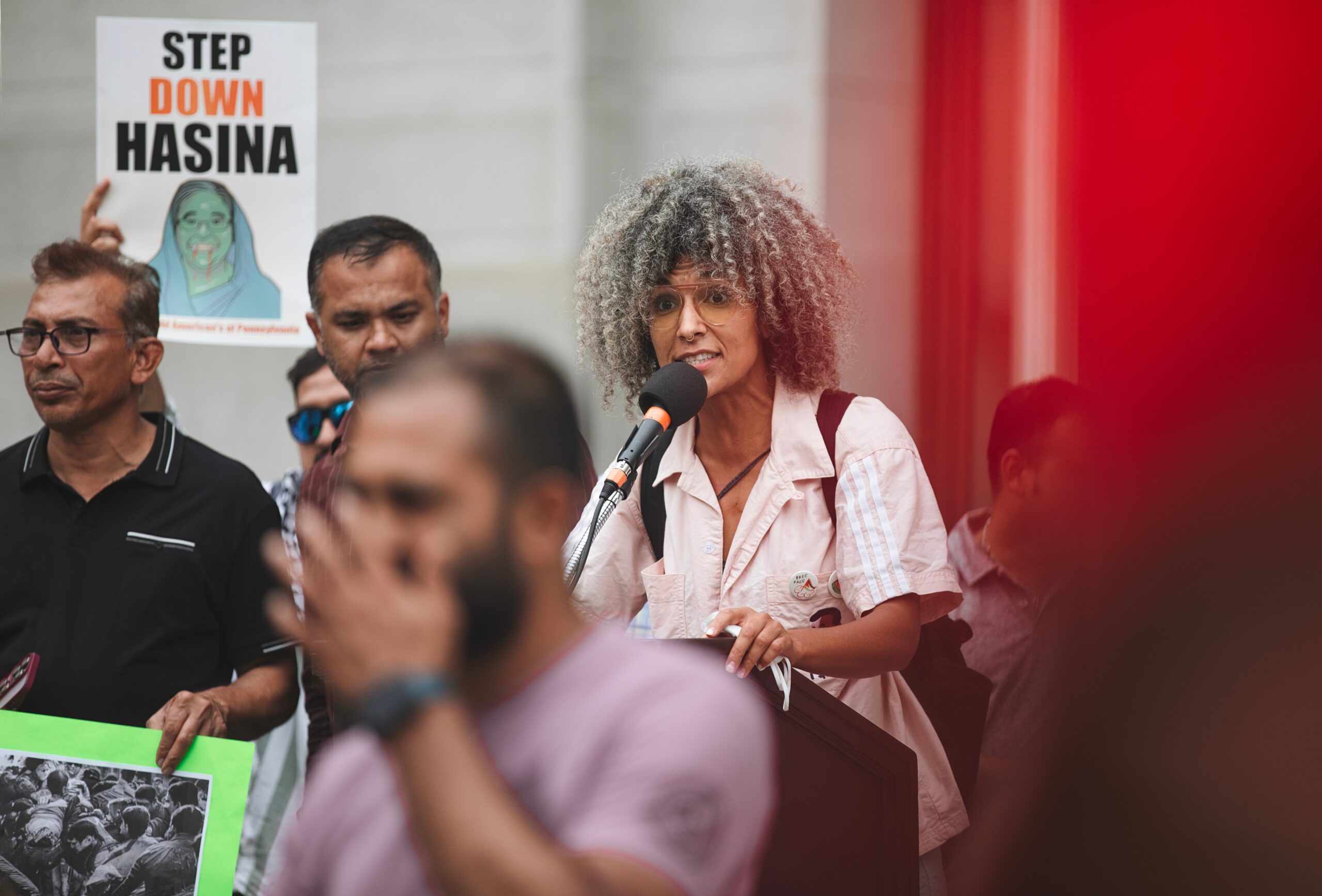
Introduction
The Bangladeshi diaspora, estimated at between 10 to 15 million people, is a large and influential community spread across the globe. Those who emigrated have played a significant role in the socio-cultural and economic life of their new countries, evolving over decades into vibrant communities. In addition to their economic contributions through remittances, they hold enormous potential to influence the intellectual and cultural landscape of Bangladesh.
The history of Bangladeshis in the West dates back to the mid-20th century, growing particularly after the 1971 War of Liberation. Over the decades, the diaspora has expanded as students, economic migrants, and refugees sought better opportunities. This has led to the formation of substantial Bangladeshi communities in global cities such as London, New York, Toronto, and Sydney. Today, many diaspora members have achieved significant success in fields including academia, business, technology, and the arts.
Contributions to Bangladesh
The contributions of the Bangladeshi diaspora to their homeland are multifaceted. Their economic contributions, particularly through remittances play a crucial role in bolstering Bangladesh’s economy. In 2022 alone, the country received an estimated $22 billion in remittances, which not only improves financial stability for many families but also helps alleviate poverty and enhance access to education and healthcare. This inflow of foreign currency is instrumental in stabilising Bangladesh’s foreign exchange reserves and reducing dependence on external borrowing.
Diaspora investments in Bangladesh, particularly in real estate, small businesses and technology startups, also foster domestic economic growth and job creation. Larger scale projects, such as industrial ventures, contribute to broader economic development. In recognition of this important influx of foreign investment, Bangladesh has developed initiatives like NRB Bonds (Non-Resident Bangladeshi Bonds) to attract greater investment.
Alongside their financial contributions, diaspora Bangladeshis often leverage their networks and resources to support philanthropic activities, such as building and maintaining orphanages, schools, hospitals, and other social welfare projects. Their involvement facilitates the transfer of skills, knowledge and technology, permanently uplifting local capacity in fields like IT, healthcare and education. Many professionals return to Bangladesh to share their expertise and lead initiatives in these areas.
Moreover, the diaspora plays a crucial role in promoting Bangladeshi culture internationally, advocating for the Bengali language, cuisine, music, and traditions. Acting as informal diplomats in their adopted countries, they also advocate for Bangladesh’s interests abroad, particularly in raising awareness about pressing global issues, such as climate change, which disproportionately affect the country.
Becoming a More Effective Diaspora
It is inspiring to see Bangladeshis in the West excelling in diverse sectors such as education and science. The Bangladeshi-American structural engineer, Fazlur Rahman Khan (1929 – 1982), who pioneered the development of high-rise buildings is a prime example of exceptional talent.
However, despite these successes, many younger members of the diaspora are losing their connection and affinity with their ancestral land. A variety of factors contribute to this, including the cultural gap, Bangladesh’s relatively poor image in the West, and negative experiences such as corruption or feelings of unwelcomeness during infrequent visits. Addressing these issues can help reconnect the younger generations, making them invaluable assets to Bangladesh’s progress.
The younger generation’s contributions will be even more effective if they achieve greater academic success in Western institutions while serving as role models of integrity, empathy, and civic engagement. By excelling in their personal conduct, professional achievements, and values, they can improve their social mobility and, in turn, contribute more meaningfully to their homeland.
Furthering Intellectual Input to Bangladesh
While the economic and cultural contributions of the Bangladeshi diaspora are well-recognised, their potential to drive an intellectual renaissance in Bangladesh remains largely untapped. With access to advanced education, research opportunities, and global networks, they are uniquely positioned to influence Bangladesh’s development in profound ways.
A key avenue for their involvement is education and capacity building. Successful diaspora academics and professionals can transfer knowledge, collaborate on research projects, and mentor emerging scholars in Bangladesh, thereby strengthening the country’s educational infrastructure and fostering innovation.
Another important area is innovation and entrepreneurship. By investing in technological and business startups, the diaspora can drive entrepreneurial growth and creativity. Through mentorship, they can guide aspiring entrepreneurs in Bangladesh, raising the country’s intellectual and economic capital.
Additionally, the diaspora can contribute to social and cultural initiatives that enhance Bangladesh’s social capital, enriching its societal fabric and driving overall progress.
The diaspora also has the potential to shape public discourse in Bangladesh by sharing perspectives on democracy, human rights, and social justice. By enriching media, literature, and art, they can influence younger generations, who are often more receptive to new ideas and critical thinking. Additionally, sharing their experiences with different governance models and legal frameworks from the West can provide valuable insights to help Bangladesh tackle issues like inefficiency and social inequality.
Conclusion
The Bangladeshi diaspora in the West is a powerful force for change and a vital asset to Bangladesh. Their contributions to the economy, social development, and international standing are significant. By engaging in educational exchange, fostering innovation, advocating for policy reforms, and supporting cultural initiatives, the diaspora can play a crucial role in the intellectual renaissance of Bangladesh.
The rise of post-9/11 Islamophobia and the unrelenting growth of far-right political and media discourse against non-indigenous populations has exposed social fractures in many Western countries. In response, many Bangladeshis are turning towards their ethnic and religious roots.
This intellectual renaissance has the potential to propel Bangladesh toward a future rich in knowledge, culture, and global influence. As Bangladesh continues to evolve on the world stage, the partnership between the homeland and its diaspora will be crucial in unlocking the country’s full potential.
